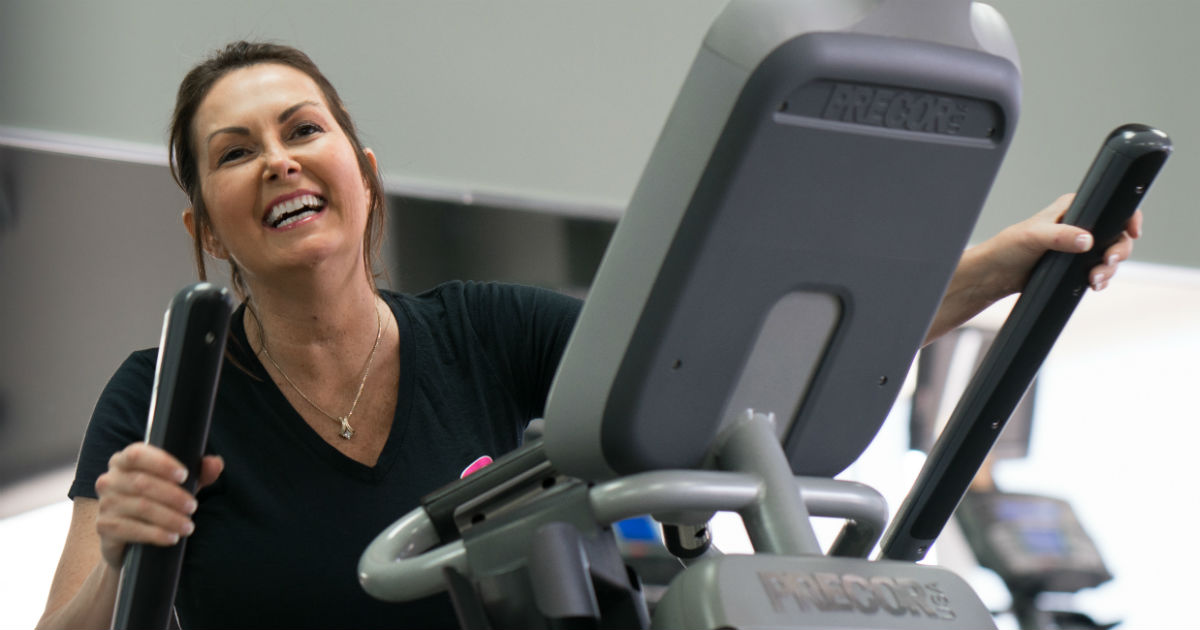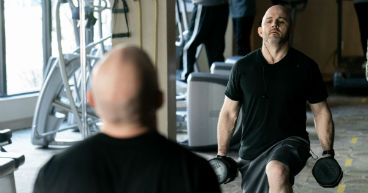
Sometimes, relaxing after a difficult day or week of work is just what you need to help reduce stress and take the load off sore muscles. But be mindful that too much of a good thing can be unhealthy. As critical as it is to rest, take time to unwind and get restful sleep, a sedentary lifestyle may lead to serious health issues, such as depression, diabetes and diseases like cancer. The World Health Organization (WHO) has declared inactivity a leading cause of disease and disability. The National Cancer Institute cites strong evidence that physical activity can reduce cancer risk. Being physically active may also help cancer patients stay strong during treatments.
Making lifestyle changes can be difficult, but a commitment to exercise and nutrition doesn’t have to be complicated. Here are several steps you can turn into a significant long-term investment toward a healthier you:
Start small. Minor activities do count. You may have only enough energy for a gentle walk on flat terrain for five to 10 minutes a day, and that’s okay. Light aerobic exercise five times a week, even if it’s only a few laps around the mall or your local grocery store, is a great place to start.
Look at the big picture. Cancer patients who are able to exercise and eat healthy before and during treatment may feel better and stronger for the fight ahead.
Stay hydrated. Numerous studies show the importance of staying hydrated. Drinking the recommended eight glasses of water each day may help you maintain higher energy levels.
Eat fresh fruits and vegetables. Give your body the fuel it needs to recharge for your next activity. While canned fruits and vegetables can offer comparable nutritional value, fresher is better.
Reward yourself for your commitment. Choose one day each week to indulge in a sweet treat as a reward for staying committed to your goal. Just pay close attention to portion size. Or reward yourself with a gift, such as new clothes, jewelry or an exercise gadget.
Find an accountability partner. Ask your caregivers, spouse or close friends to encourage you to continue with your fitness and nutrition plans. An accountability partner will help hold you to your goals, and doing so might even motivate them to exercise, too.
Set the example. Children model what they see at home, so make time to exercise, or even cook a healthy meal together. This will help show your kids the value of taking care of themselves for the rest of their lives.
Remember to check with your doctor before starting any new exercise regimen or diet.



